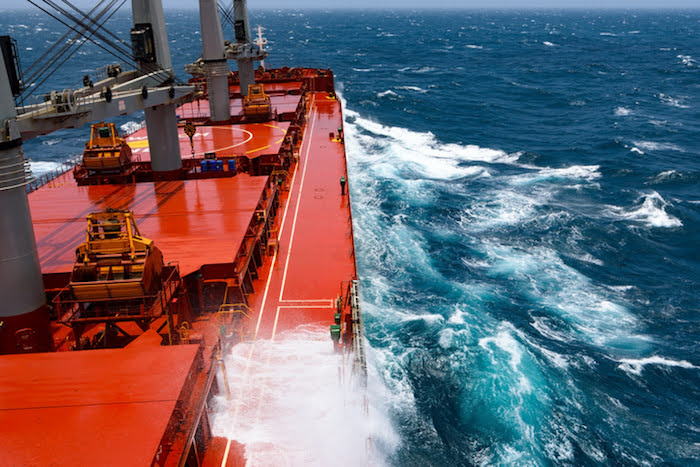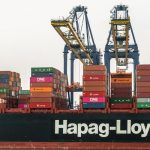Global retailers selling apparel, household staples and white goods face bigger risks from disruptions in freight movement through the key Suez Canal trade route as Iran-backed Yemeni militants attack ships sailing through the lower Red Sea.
Some shipping companies are already considering longer voyages, including around the Horn of Africa, due to the attacks by the Houthi militant group, potentially leading to longer wait times as well as higher prices for goods.
S&P Global identified sectors such as consumer goods, apparel and chemicals to bear the biggest brunt from the disruptions in shipping routes between Europe, the Middle East and Asia.
The Suez Canal is one of the most important conduits for world trade, accounting for about 12% of the world’s maritime traffic.The biggest names in the retail world, including Walmart WMT.N, H&M Hennes & Mauritz HMb.ST and Target TGT.N, extensively use the canal to move goods from major manufacturing markets in Asia.
If there are extended disruptions, the consumer goods sector will face the biggest impact, S&P Global said in a report.
ImportGenius, a global trade database, said goods including clothing and accessories such as handbags, men’s t-shirts and girls’ dresses along with furniture, home decor and everyday items like toothbrushes, made up a majority of the goods transported via the key route so far in December.
William George, director of research at ImportGenius, said fast-fashion companies such as H&M and Zara-owner Inditex ITX.MC that import goods from Indian and other east Asian textile mills are also at a bigger risk.
Some companies already are trying to switch to so-called intermodal transport, said Jan Kleine-Lasthues, chief operating officer of airfreight at German freight forwarder Hellmann Worldwide Logistics.
Source: Hellenic Shipping News






